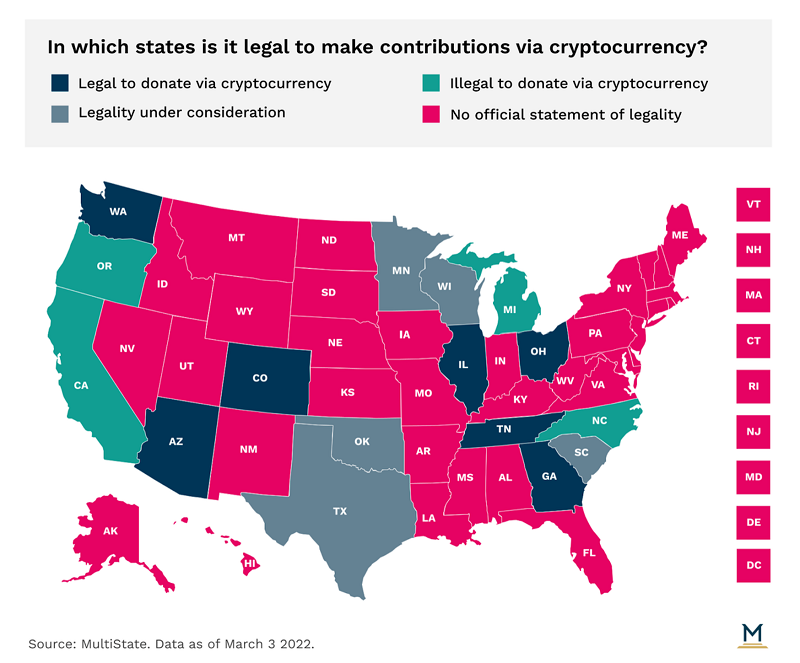The events of the end of February 2022 could frighten investors investing in companies from the debt sector. Newspaper headlines read, “The government takes recovery. We know a revolutionary project “or” The activity of debt collectors is to be regulated. In Poland, this area is ruled by the wild west ”were the more subdued. What happened next? In the article you will learn, among other things:
Table of Contents
The project of revolutionary changes is just a bluff so far
The debt segment of the capital market reappeared on the “censored” one due to the planned draft law “on debt collection activities and the profession of debt collector and amending certain other laws”. The project was supposed to sanction the unethical actions of mainly smaller debt collection companies, but also the actions of debt collectors bordering on the border of the present letter of law. Therefore, major changes were announced “in limiting the possibility of interfering with civil rights and freedoms” by companies from the debt recovery sector. It was about activities such as, for example, making intrusive phone calls to the debtor, leaving envelopes with payment prompts in visible (in front of neighbors) places, people entering the house and requesting explanations or persuading them to reach a settlement and, consequently, the so-called novation of the obligation by proposing favorable terms of debt repayment or partial cancellation, the actual purpose of which is to recognize the claim by the person concerned and interrupt the limitation period. Unfortunately, as we have mentioned many times, excessive protection of debtors (against ethical actions of debt collection companies) ultimately raises the cost of capital for honest debtors and capital buyers who create the so-called “Free rider problem”. It is worth adding that about 80% of court judgments do not end with effective enforcement (for years, the effectiveness of enforcement in Poland has fluctuated at the level of 20% and this statistic applies only to officially filed cases where the creditor hoped to recover the debt and, at the same time, the claim was not defective or zero chance of recovery).
What was to be included in the project?
It was indicated that companies from the debt market will have to have PLN 20 million of equity, these companies will have to have the appropriate license and entry in the register. Additionally, these companies would employ licensed employees of debt companies only under an employment contract, who are supposed to obtain and receive this license. These people will not be punishable. Moreover, a general tightening of penalties in the field of stalking and the protection of privacy and home miracles has been announced. Mention was made of the possibility to advertise claims with debt collectors and the supervision of the Polish Financial Supervision Authority (including possible sanctioning rights for market participants), but without any further details.
So where is the draft of the aforementioned act?
Nowhere, so far, is this a specter project to which more has been added than has actually been done. So far, the official bill (and the content of the provisions) has not appeared on the website of the Ministry of Justice, nor has it been submitted to the legislative queue in the Sejm or in the list of legislative and program works of the Council of Ministers.
What can the future hold?
It cannot be ruled out that the draft changes will see the light of day. Therefore, these regulations, apart from additional rights (or their repetition from other acts) for consumers, should at least slightly help dominant entities on this market. Small and medium-sized companies will face the need to raise capital to the required levels (the transitional provisions of the act should be interesting in this regard, which, unfortunately, have not been published as well), incur the costs of licensing employees, but also licensing companies. The licensing costs are not low and the licensing process itself is not short.

Therefore, not only the final provisions of the act will be of key importance for the market itself, but most of all the transitional provisions. Unfortunately, the presentation of rudimentary concepts of the law harms the debt sector by creating a “legislative overhang”, increasing uncertainty in the sector. Let us hope that these ideas will be specified by an appropriate bill with appropriate vacatio legis or officially denied. Author: Wawrzyniec Bąk, analyst at Prosper Capital Dom Maklerski
The author also recommends:
Follow us on Google News. Search for what’s important and stay up to date with the market! Watch us >>

